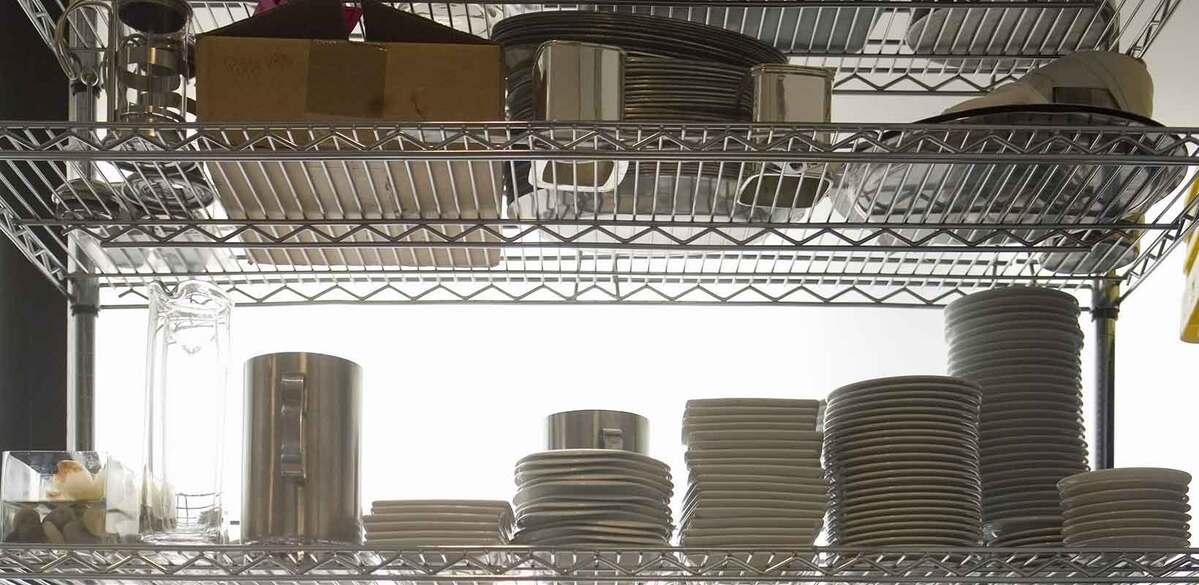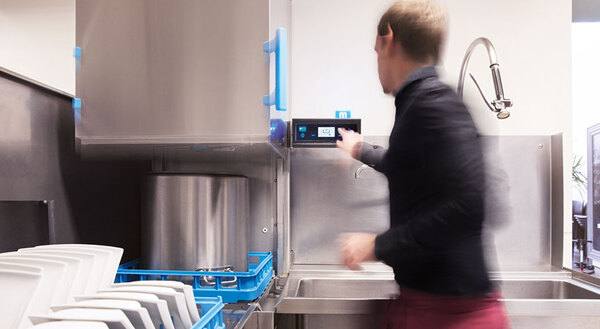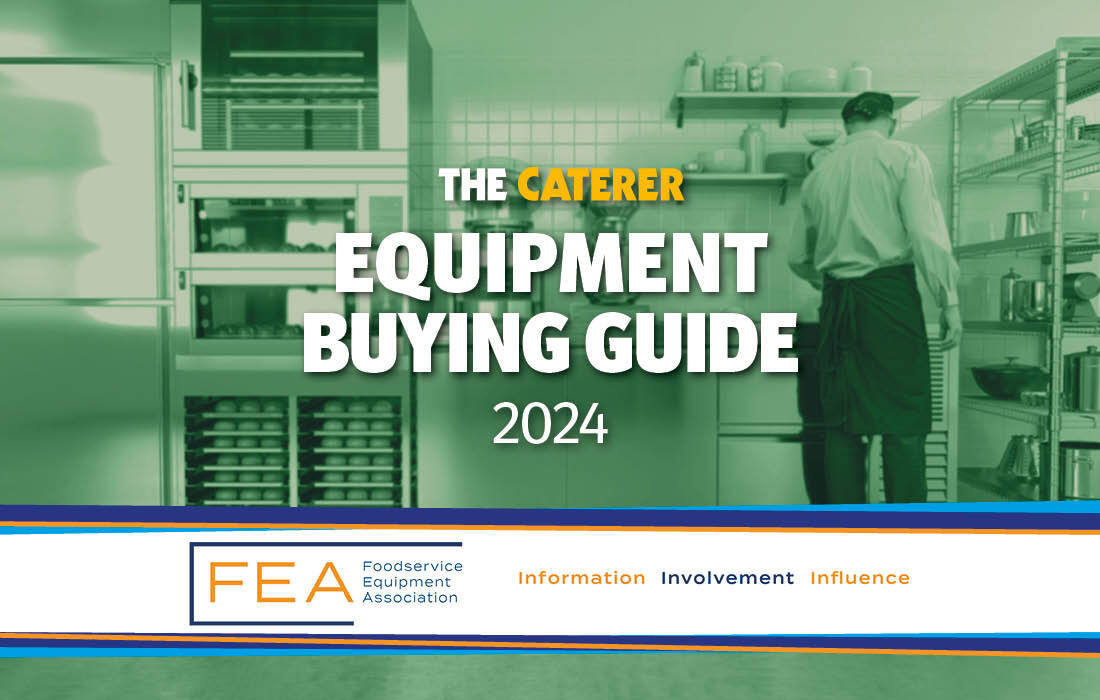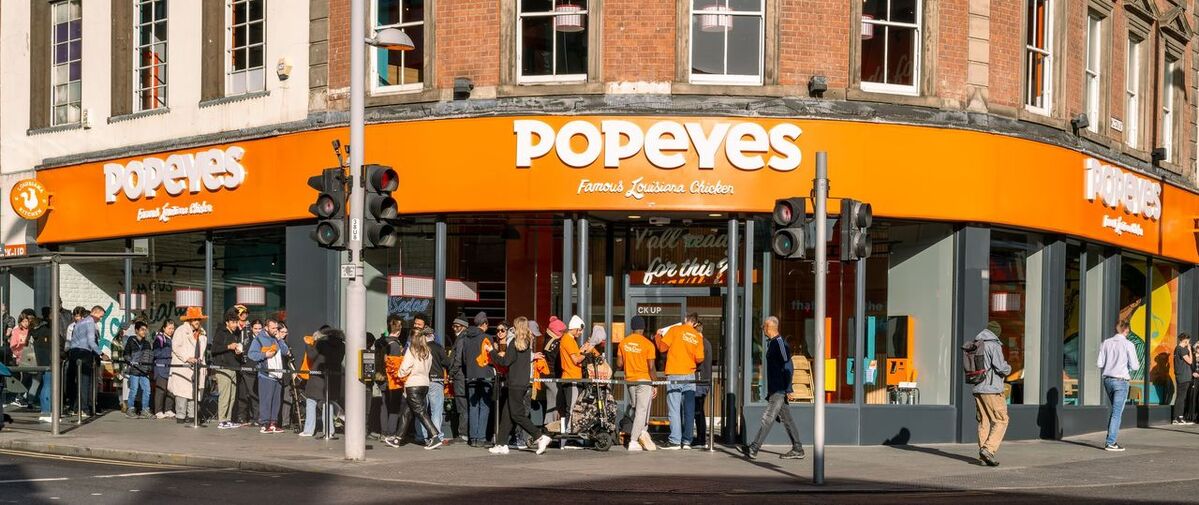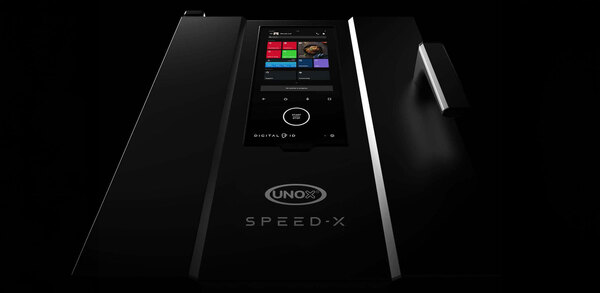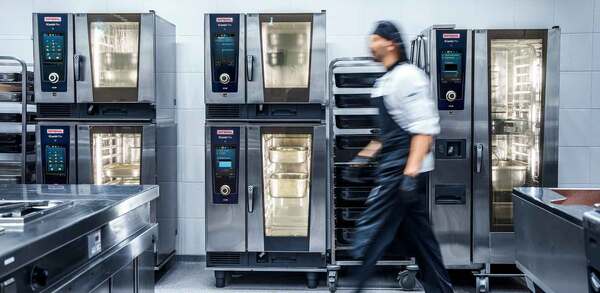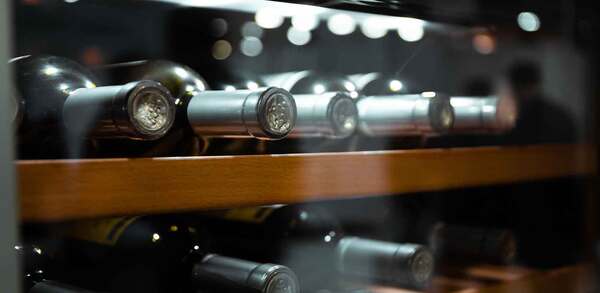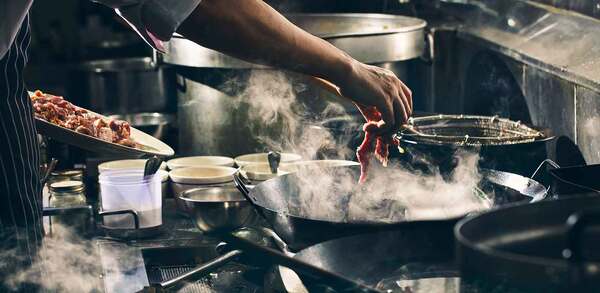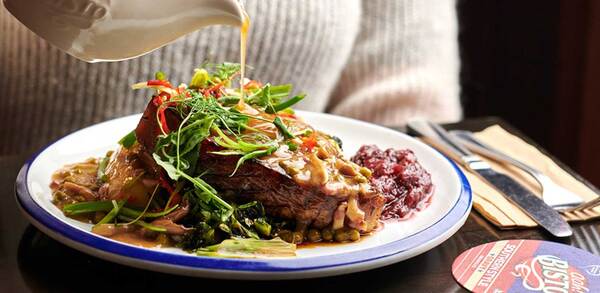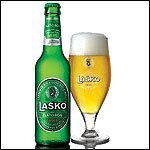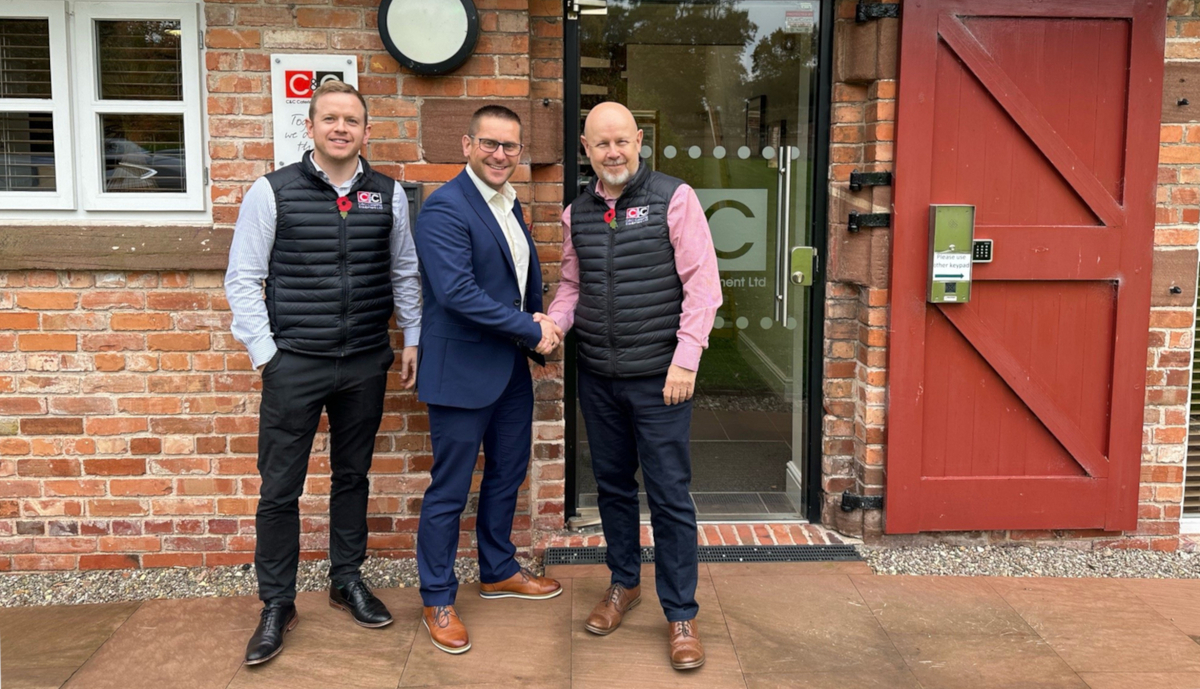FEA Guide 2024: Clean up your act with the right warewasher
Pre-rinse needed? Granules required? Here’s how to make the decision on the perfect warewasher for your establishment
Unless you want to use up hours of staff resources handwashing crockery, glasses and cookware, you will have to invest in a warewashing appliance for your hospitality venue.
Calculating your usage requirements will be a primary driver in your purchasing decision. If your site delivers mass catering, you’ll need to allocate a large space for a conveyor/rack warewasher, slightly smaller loads would make a passthrough or hood-type model more appropriate, while undercounter types are generally the most compact, for lower usage levels.
All professional warewashers should be able to clean implements in a matter of minutes, but are usually specialised to a particular kind of wares. Wet-led venues may find it more helpful to choose glasswashers, any food sites will need dishwashers, and for those preparing more involved meals freshly onsite, a potwasher could be the way to go.
You’ll also have to work out whether you need a pre-rinse function, which at its simplest is using a spray tap, but some higher-end warewashers have sophisticated filtration which can deal with some soiling left on wares and reduce the time and effort needed to pre-rinse. Furthermore, some potwasher models use granules in their washes, minimising pre-rinsing and cutting the amount of water usage.
The FEA’s advice
Warewashers don’t only consume energy, they also use water and chemicals. The key to reducing consumption is by understanding that cabinet design and capacity, power rating and water and chemical usage impact on the overall energy use: use less water and you use less energy and fewer chemicals. How come? Because the biggest requirements for energy in warewashing is to heat the water – less water equals less energy. Similarly, you only need more chemicals when you put in more water.
There are many factors in the search for more sustainable warewashing, initially starting with a review of the materials used in production, looking at the percentage of recycled content and supplier credentials. The prudent purchaser should look for equipment with lower running costs, and machines that minimise water use without affecting the wash performance. Features to consider include sophisticated filtration, which makes the wash water last longer by keeping it clean, shallow water tanks and advanced rinse systems. Modern, efficient warewashers don’t actually need lots of water in order to achieve excellent cleaning performance.
Energy saving features to look for include heat recovery systems, where heat generated during washing is recycled to raise the temperature of the incoming cold water supply, and double-skinned walls and doors, which help keep heat inside the machine. Modern warewashers will typically heat up within 30 minutes, so make sure staff don’t waste money by turning them on too soon.
Water treatment is essential for warewashers – it will protect the machine from potential build-up of harmful limescale. Effective water treatment will ensure the machine is operating efficiently and has a long service life. Reverse Osmosis (RO) gives superior results but uses more water than other treatment systems. On the other hand, glasses can be so clean that there is no need for hand polishing, which saves on breakages.
Warewashers don’t currently fall under the scope of energy labelling, however work is currently underway in the EU to look into professional dishwashers in relation to the Ecodesign for Sustainable Products Regulation.
ETL
Warewashers were recently added to the Energy Technology List. The testing on products registered covers not only energy use and cleaning performance, but also that the results meet the strictest hygienic requirements. Manufacturers’ equipment on the list has to have passed the third party verified tests required to confirm energy use and hygienic results.
Read more from the FEA Guide
Learn more about dishwashers from Meiko >>
Refrigeration – how to choose the correct equipment >>
Prime cooking – the kit to help you be energy efficient and environmentally clean >>
Multicook/multifunctional equipment – the combi-oven: the tool that does it all >>
Microwaves and rapid cooking – are microwaves a secret weapon in the kitchen? >>
Hot and cold holding displays – display units to boost your revenue generation capabilities >>
Photo: Air Images/Shutterstock



